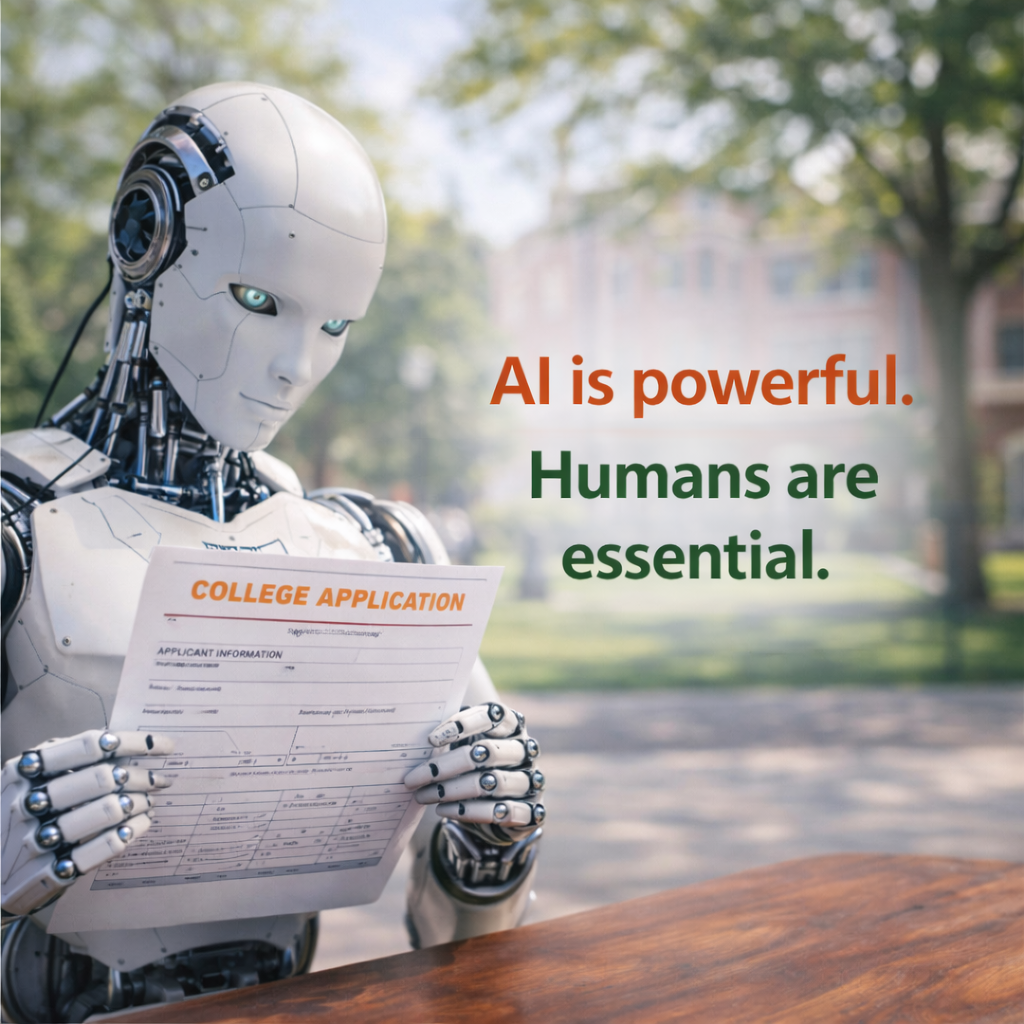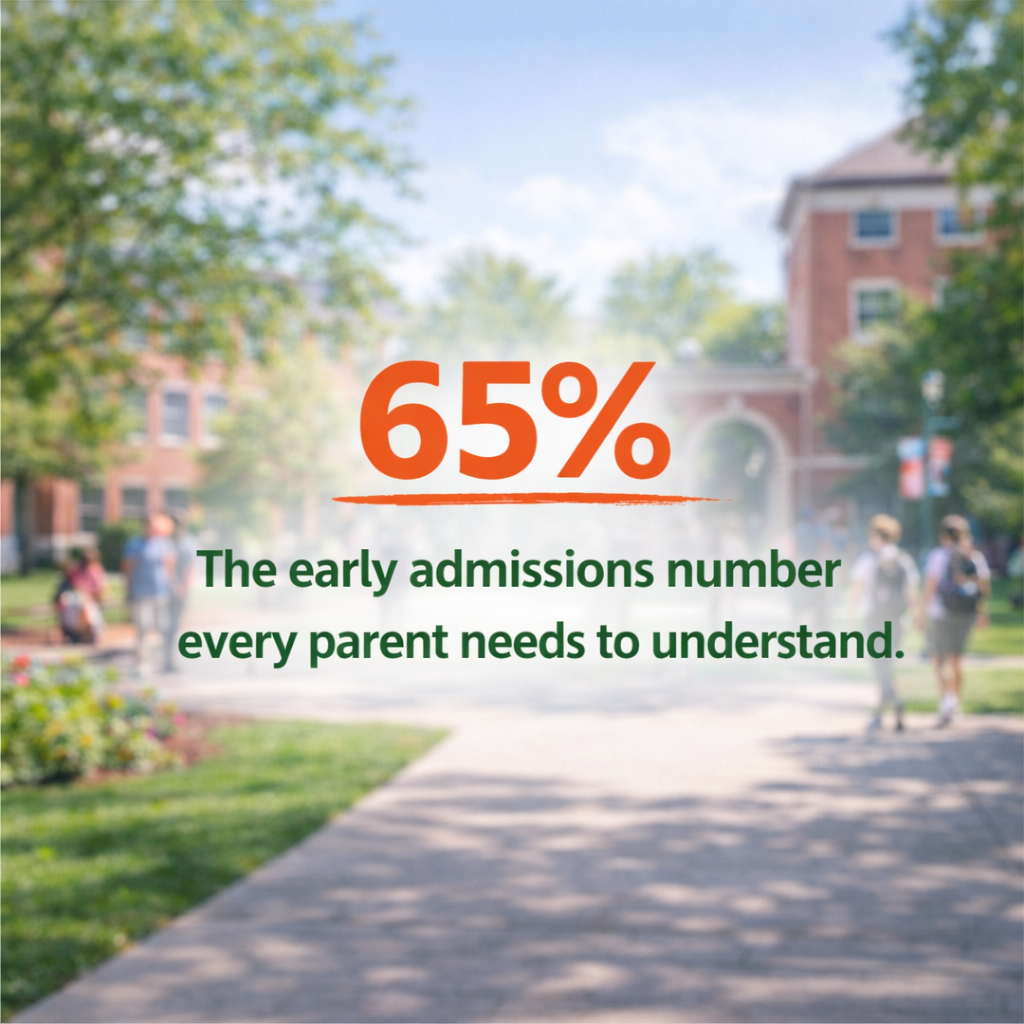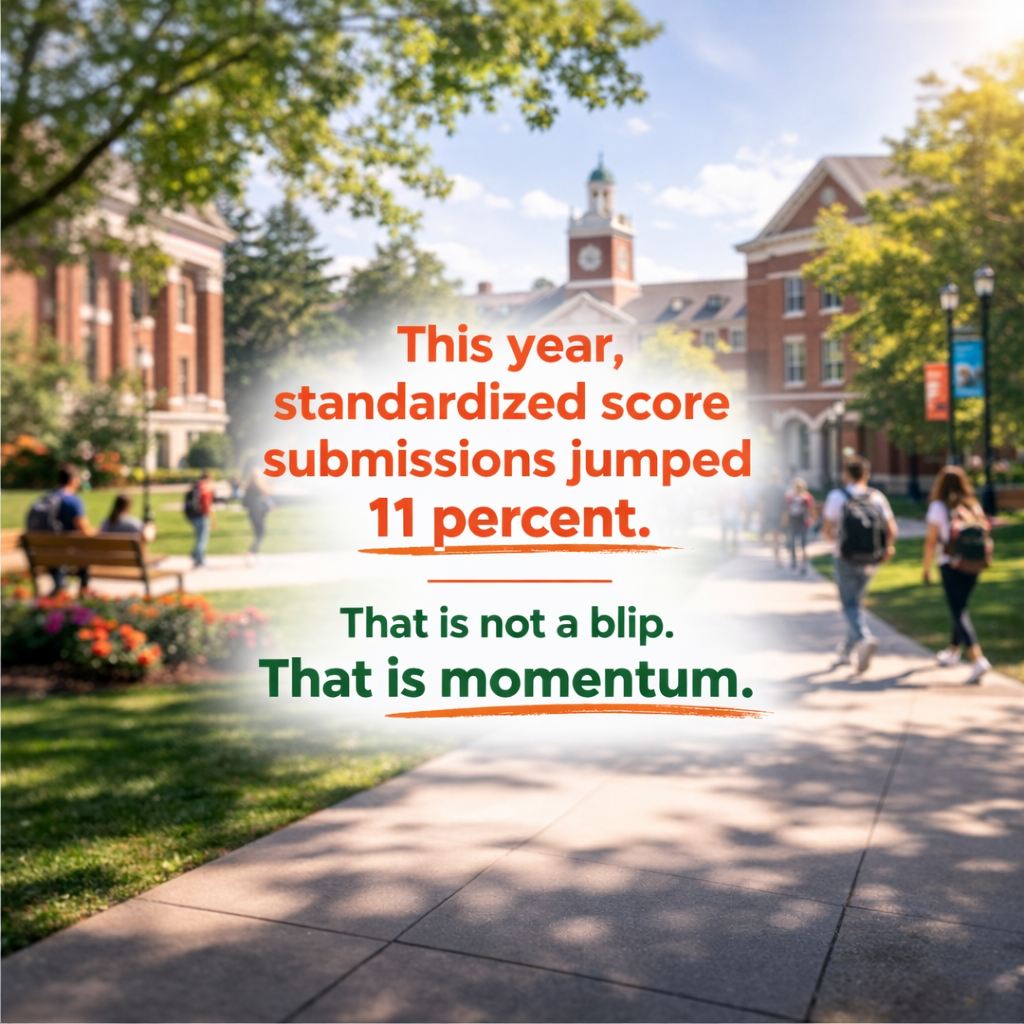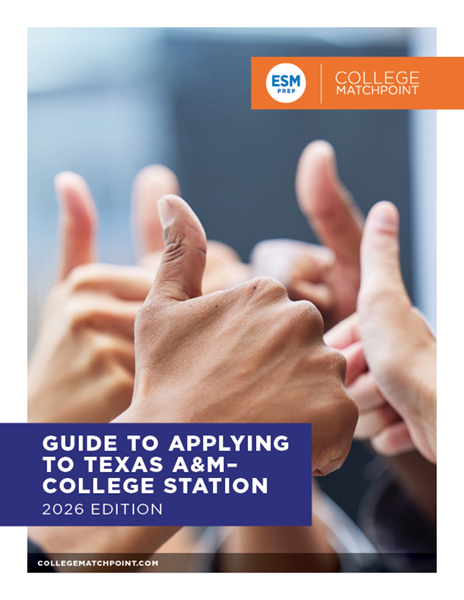This page is licensed under Creative Commons under Attribution 4.0 International. Anyone can share content from this page, with attribution and link to College MatchPoint requested.
We have a unique approach at College MatchPoint. It all begins and ends with our ultimate goal: for our students to thrive in their selected college.
The college application process can feel overwhelming, no matter how strong the student. But at College MatchPoint, we believe it should be organized, personal, and even fun, and we provide a framework that reduces the stress throughout the journey.
DOWNLOAD OUR GUIDE TO
Applying To Texas A&M University
This year, we’re excited to share the first edition of our College MatchPoint Guide to Applying to Texas A&M. The school has seen more than 20% increase in applications over the last 3 years, with engineering majors assuming a national profile. This guide covers all required essays, as well as providing detailed information on the resume, evaluating fit-to-major, and honors programs.
You might also be interested in these resources!









